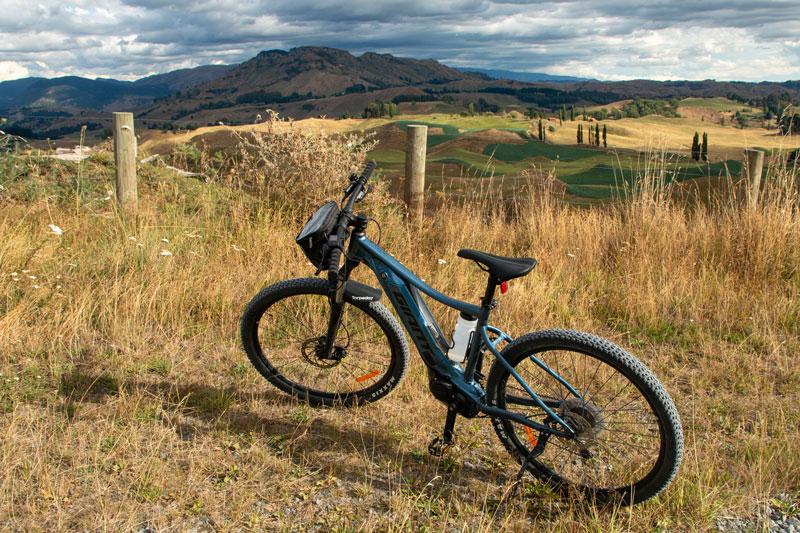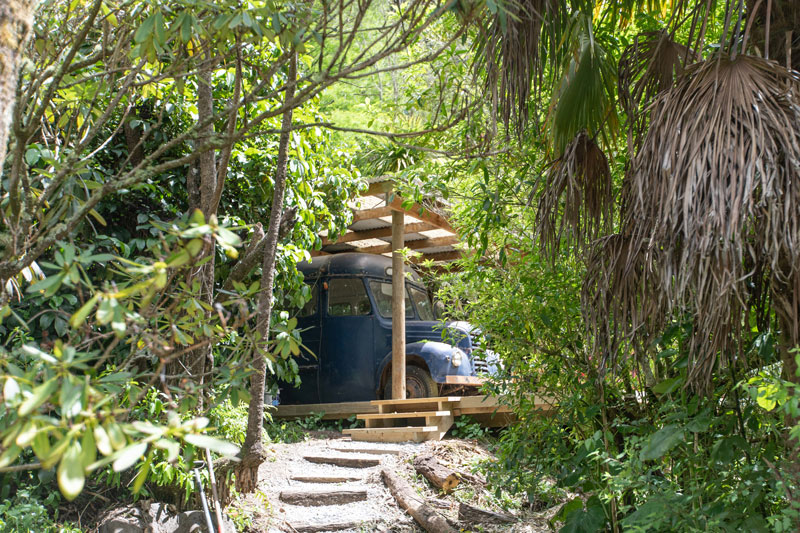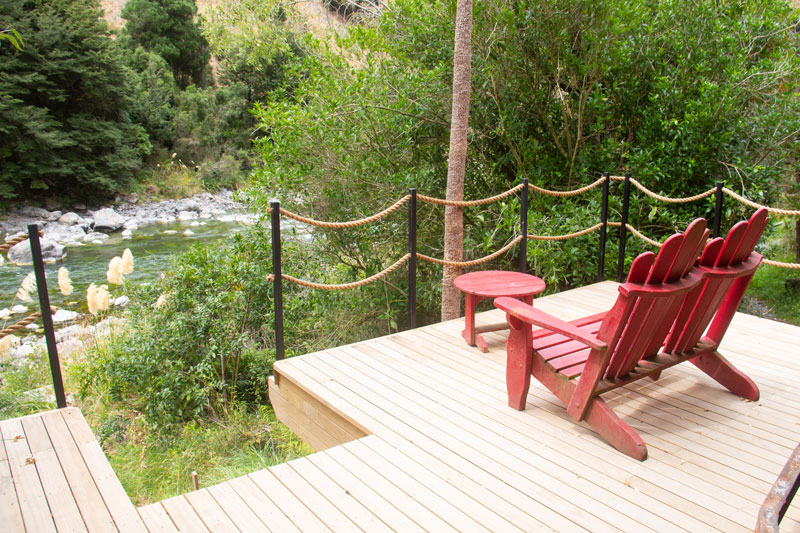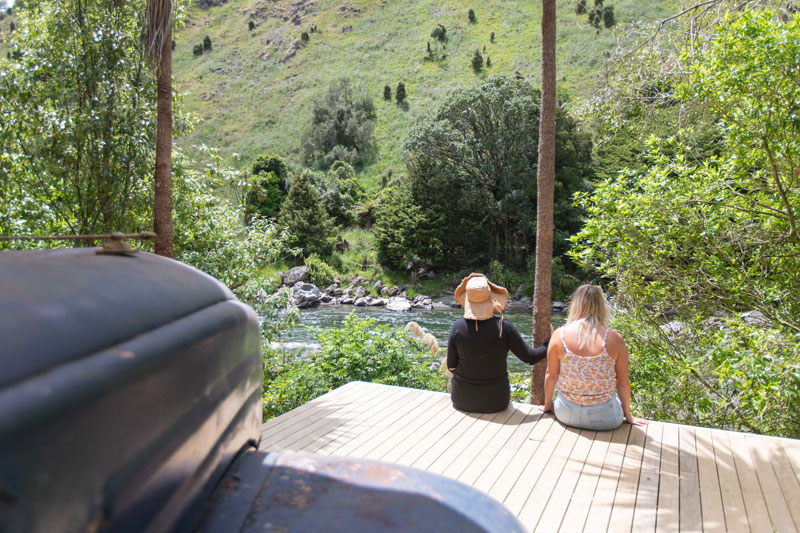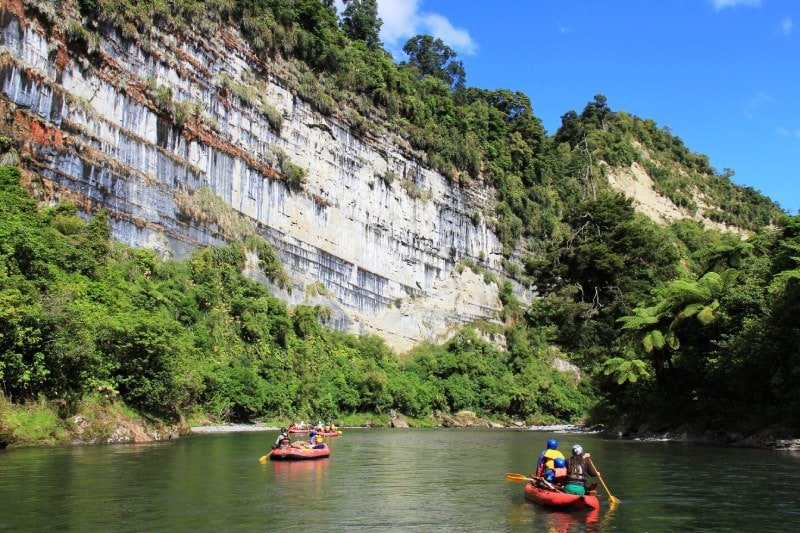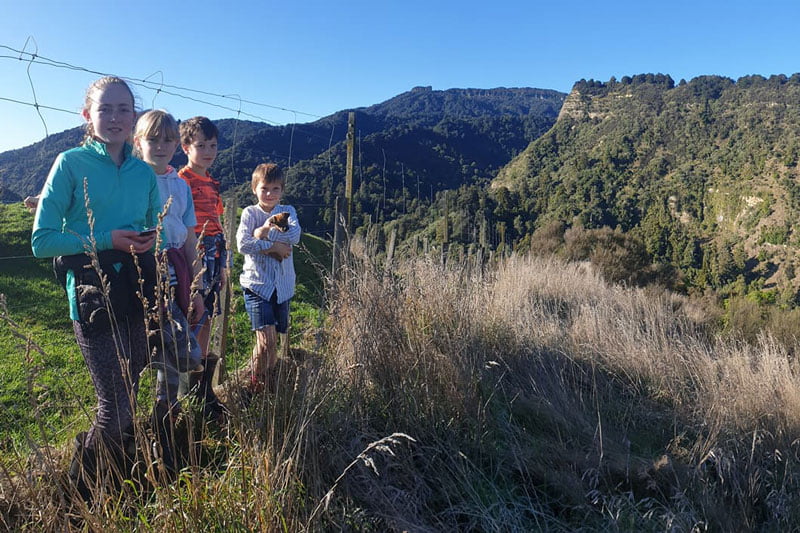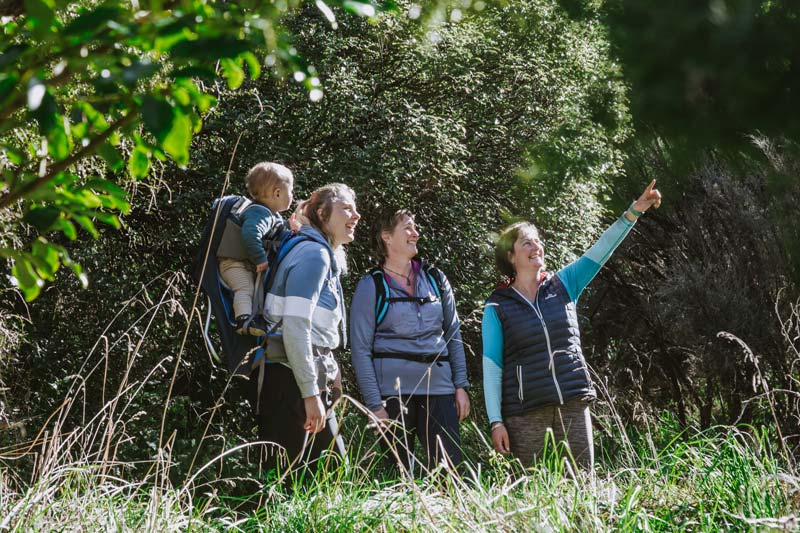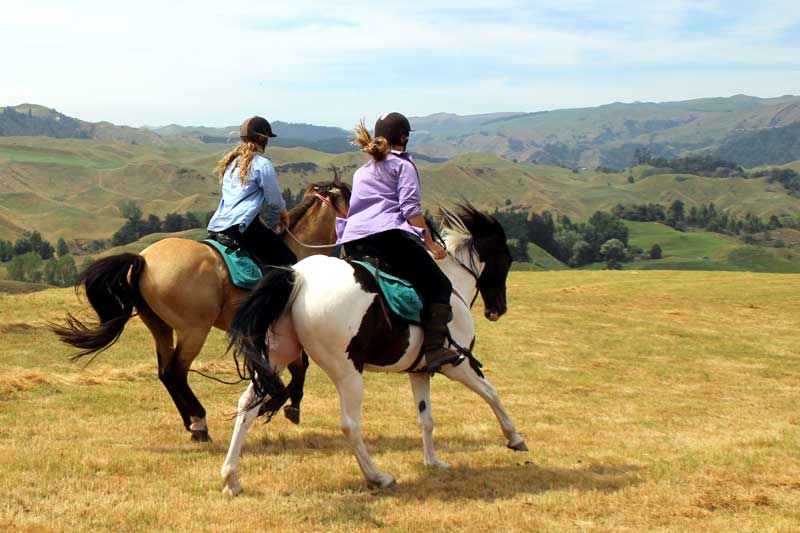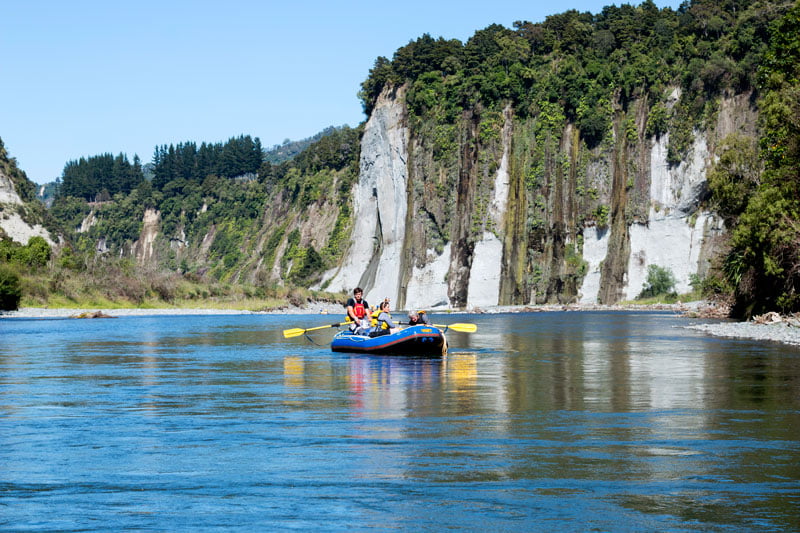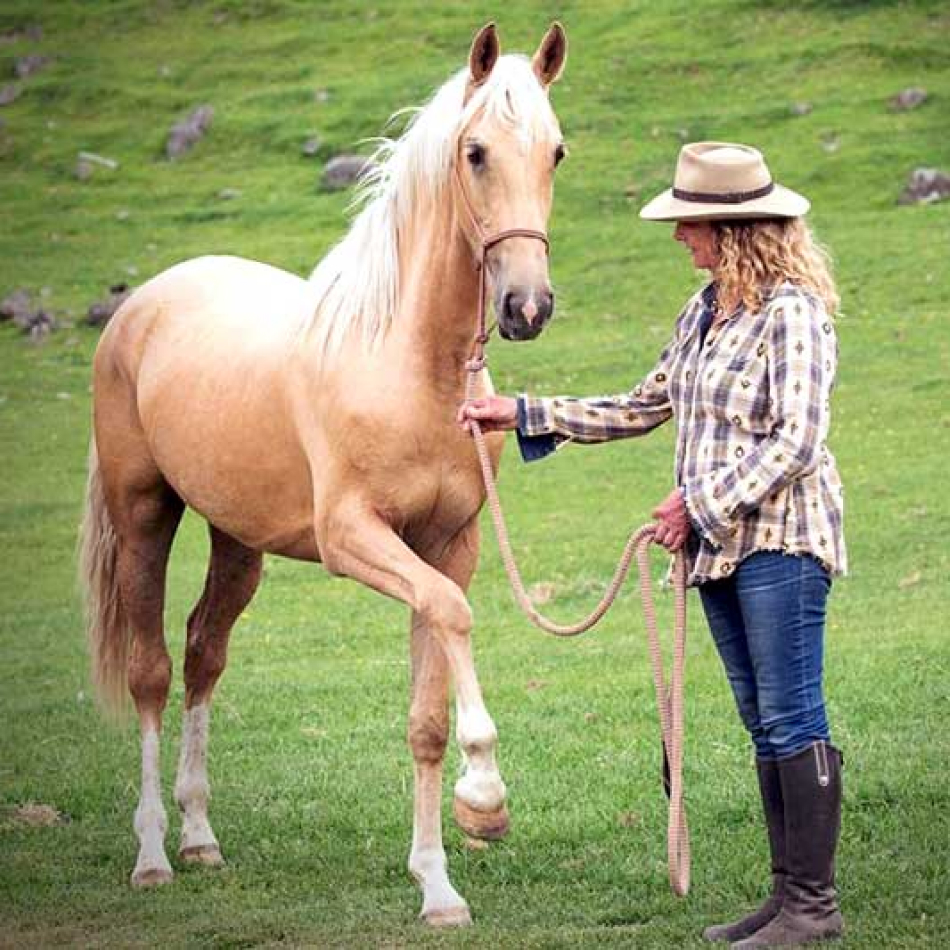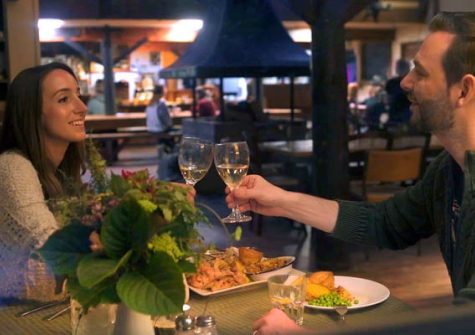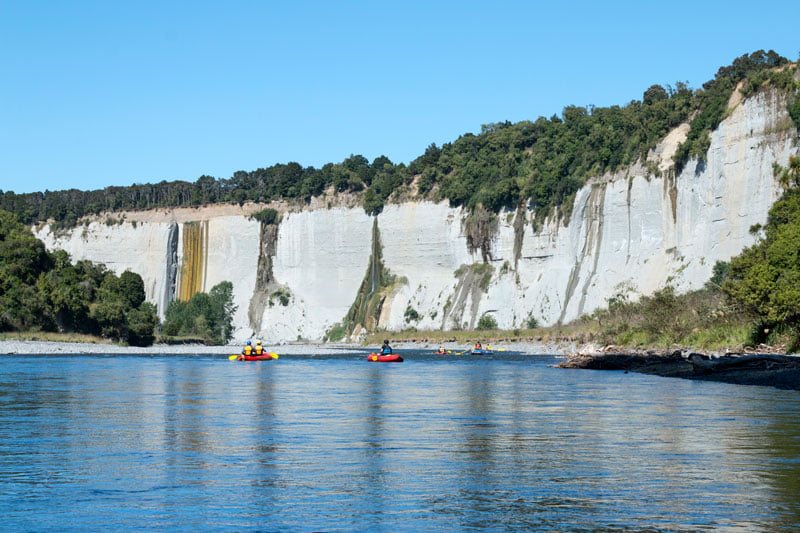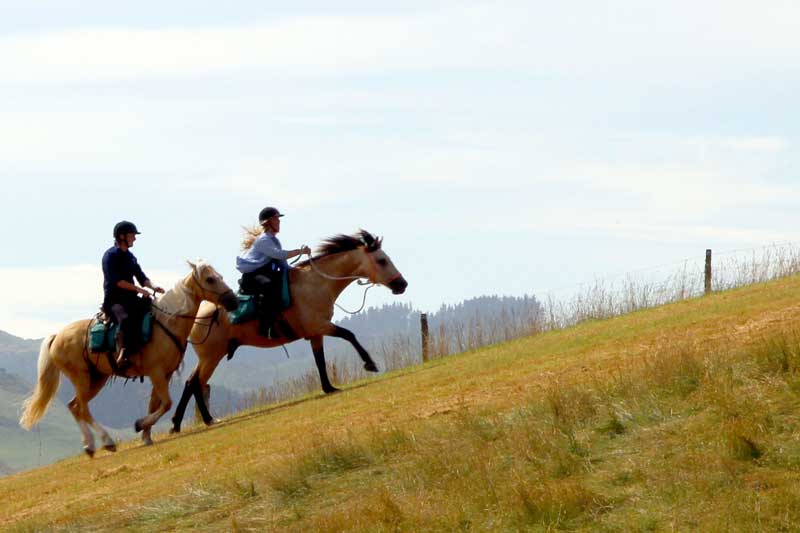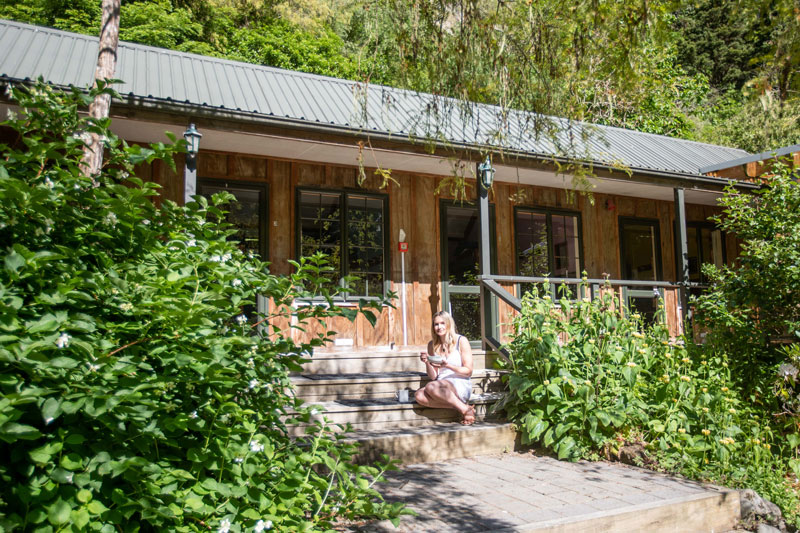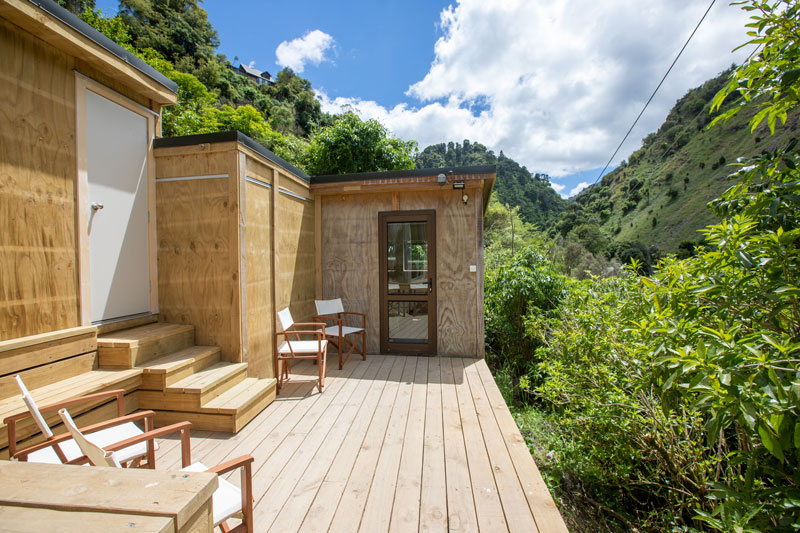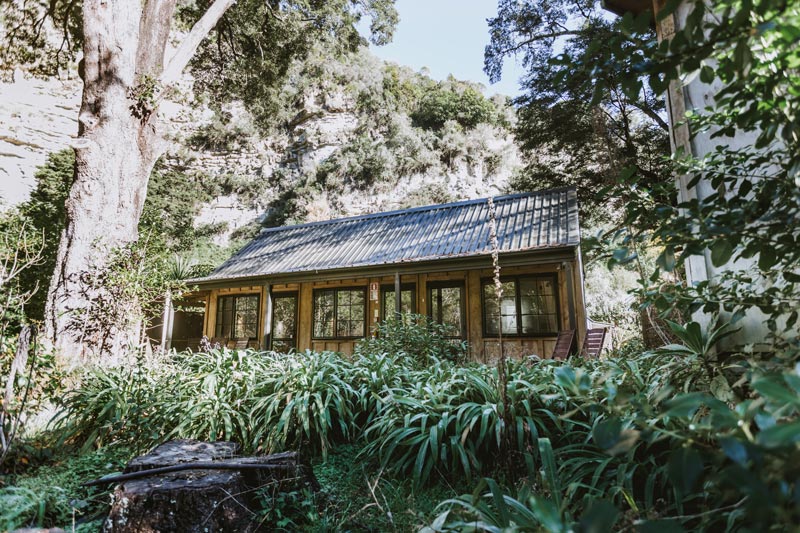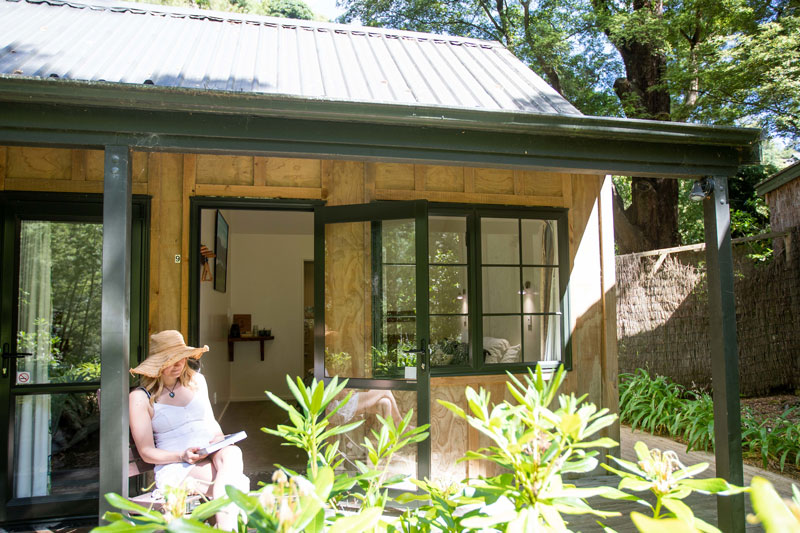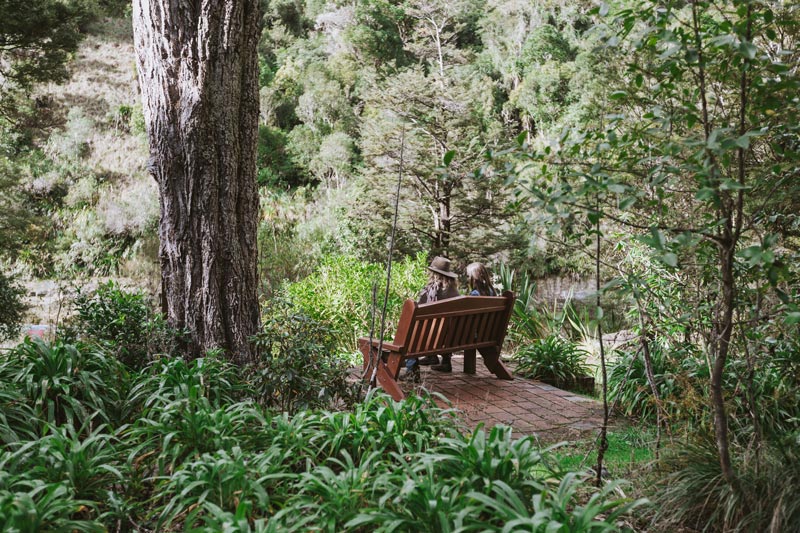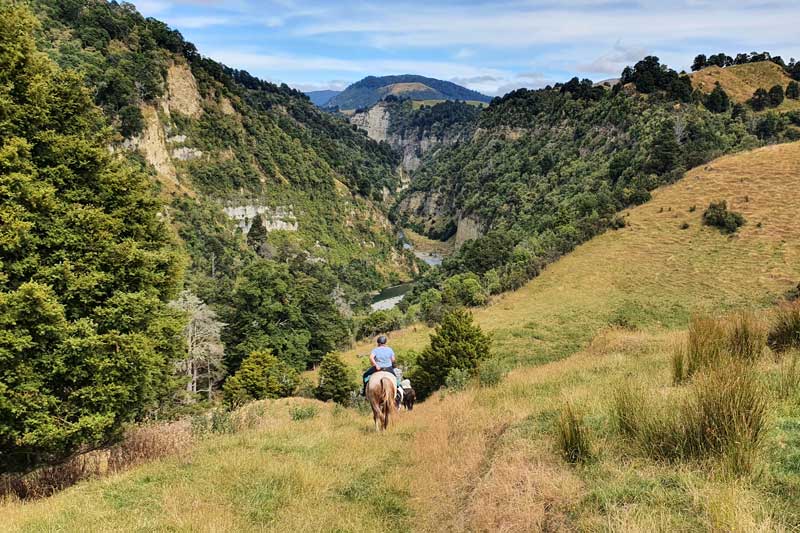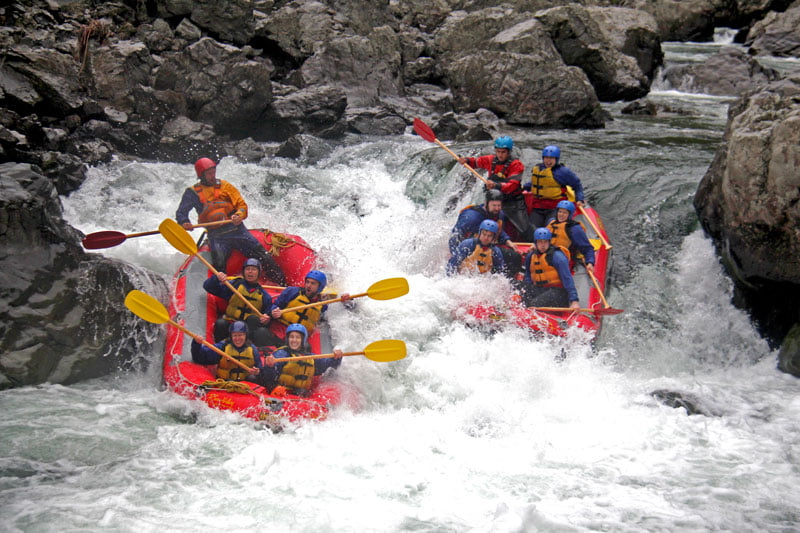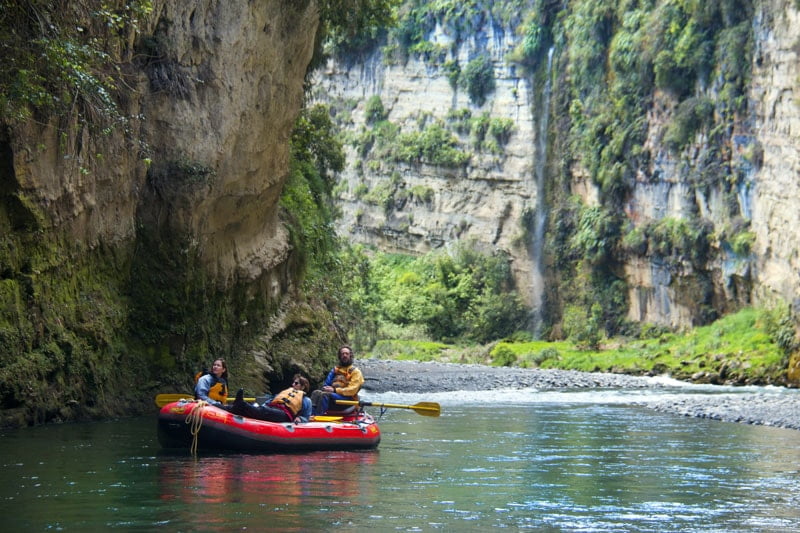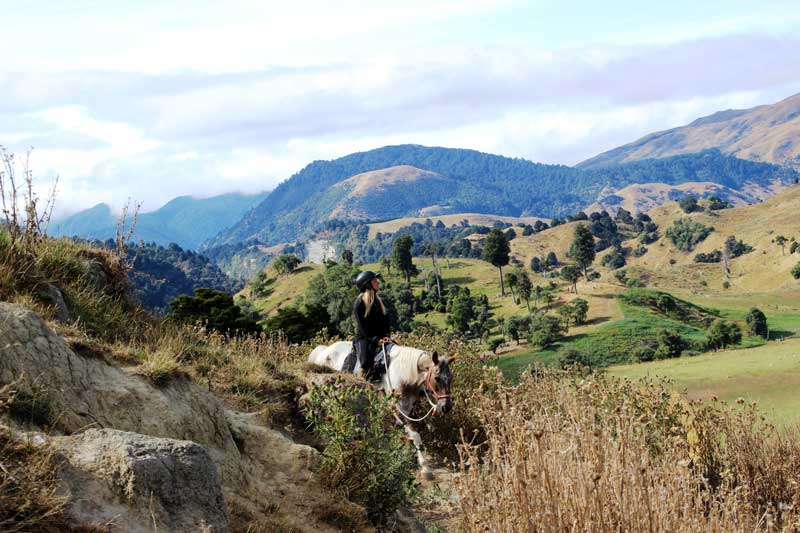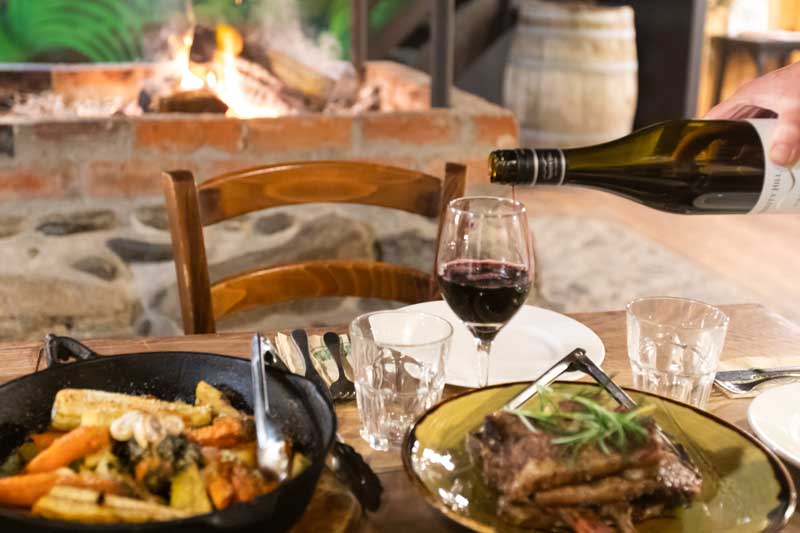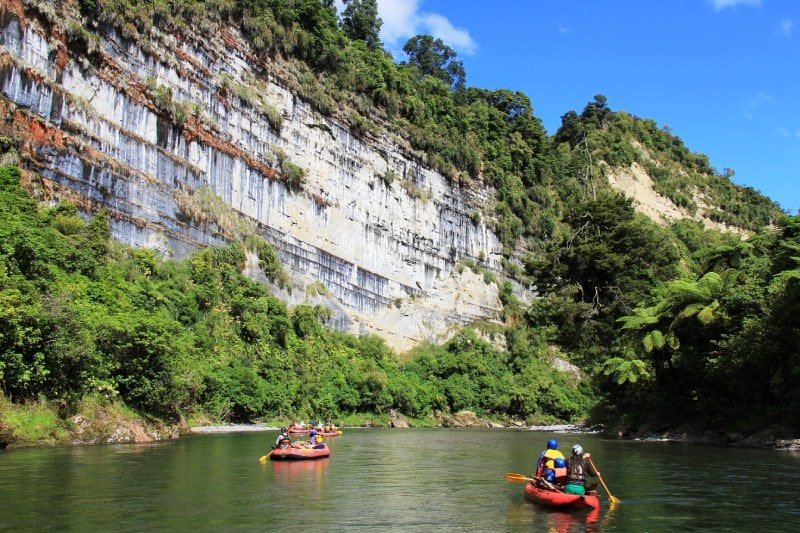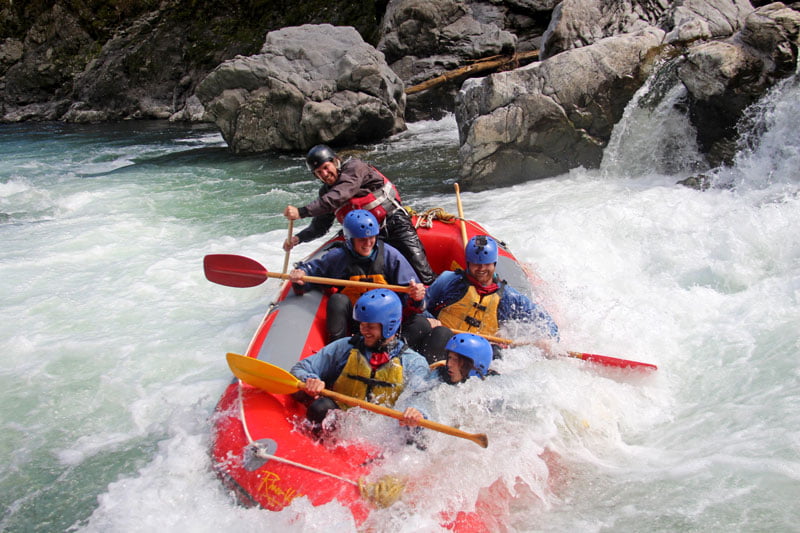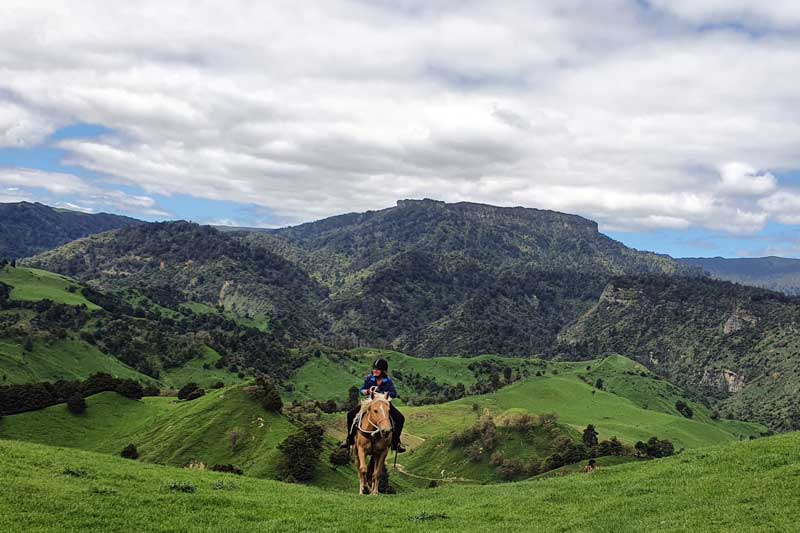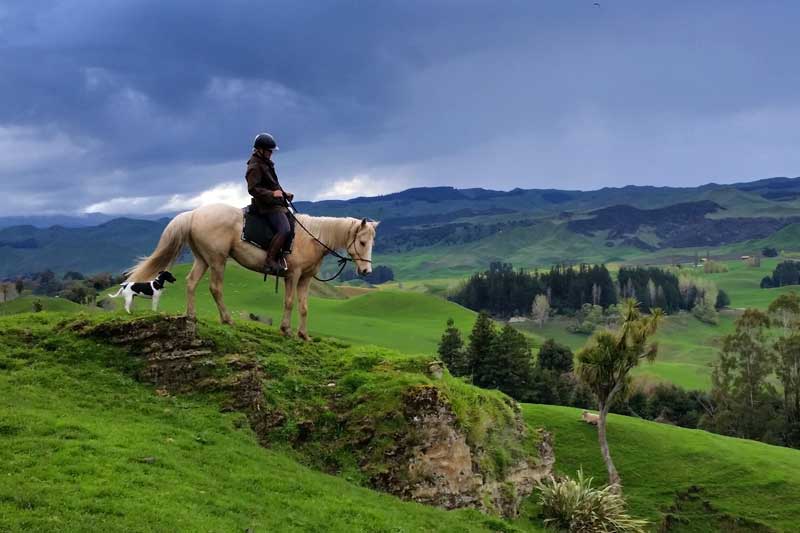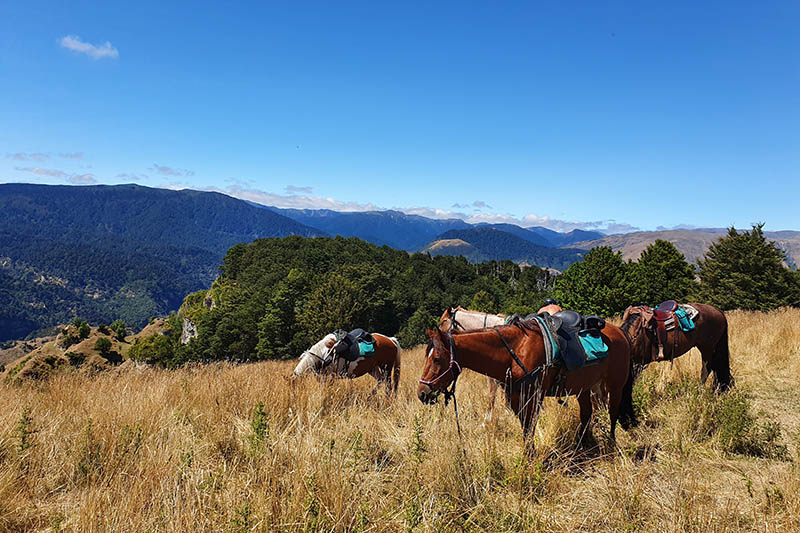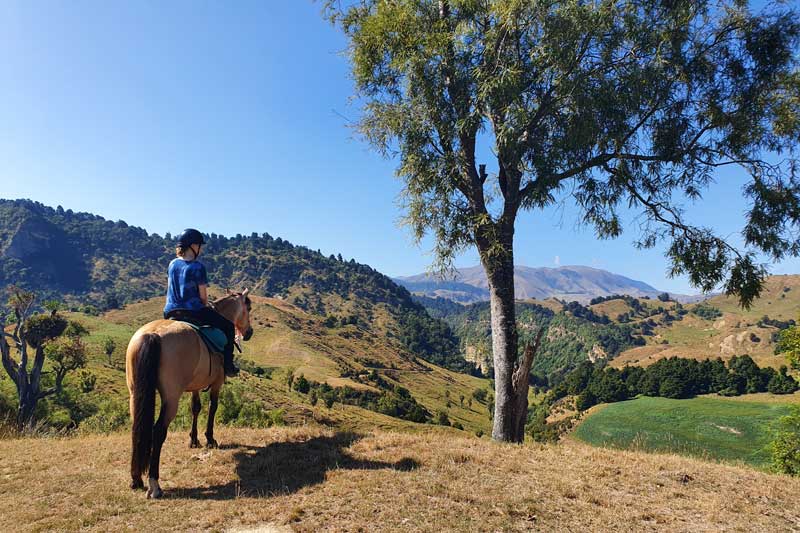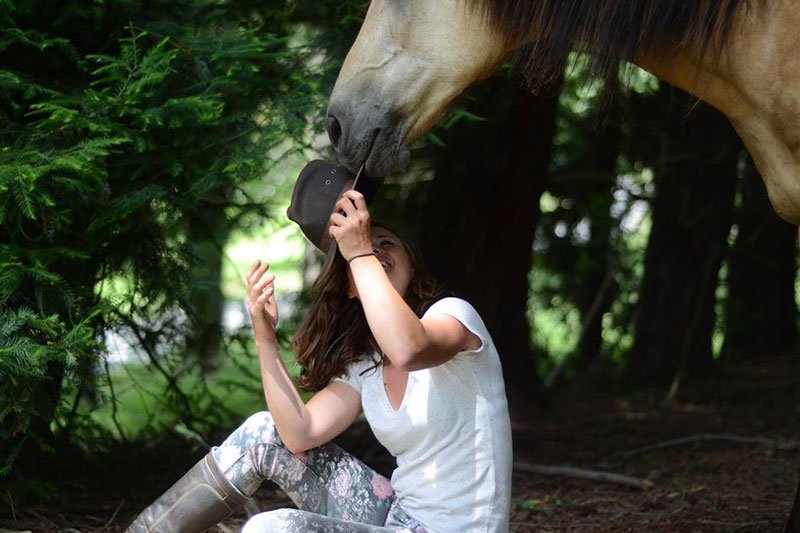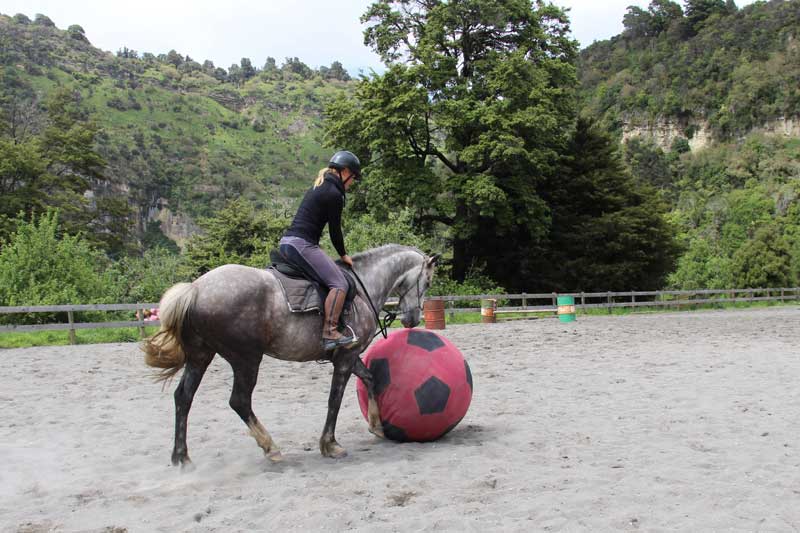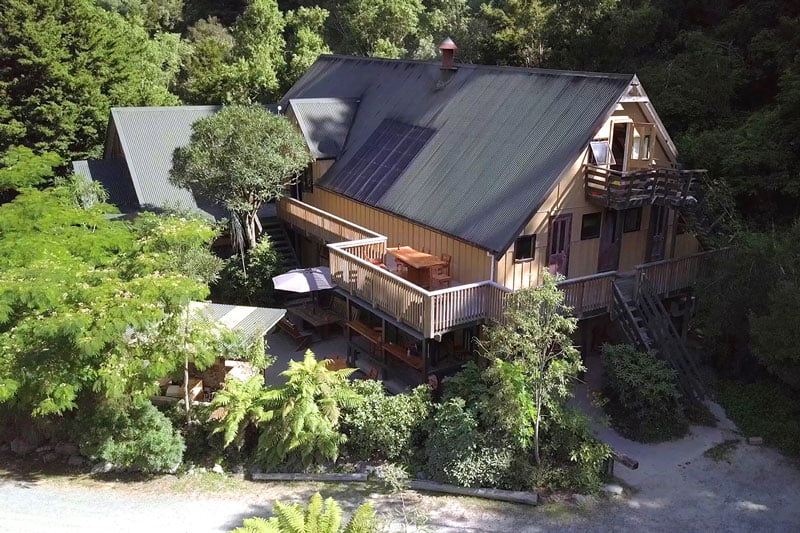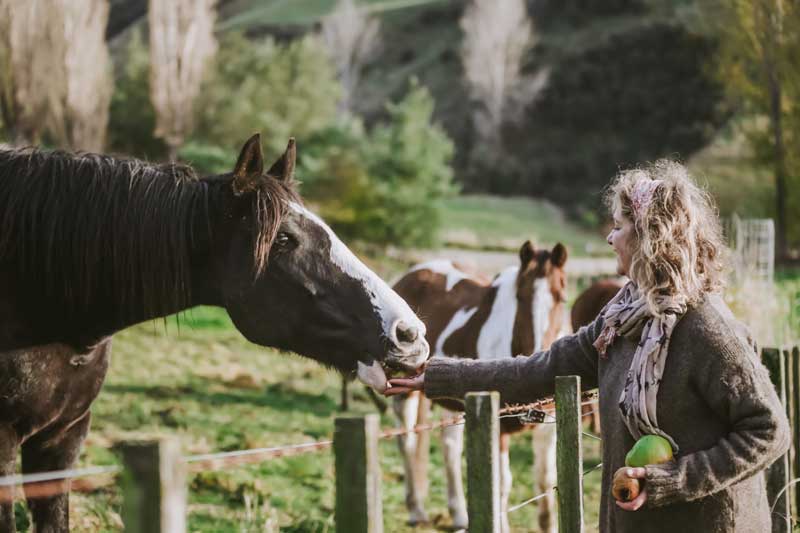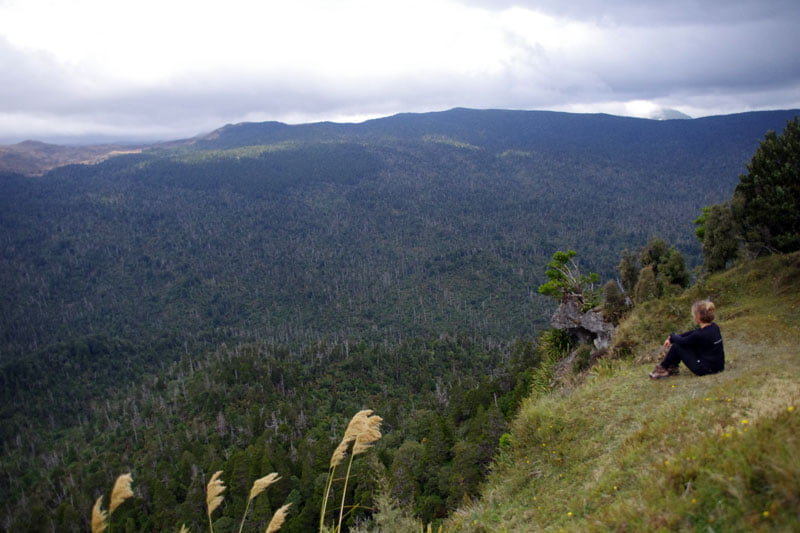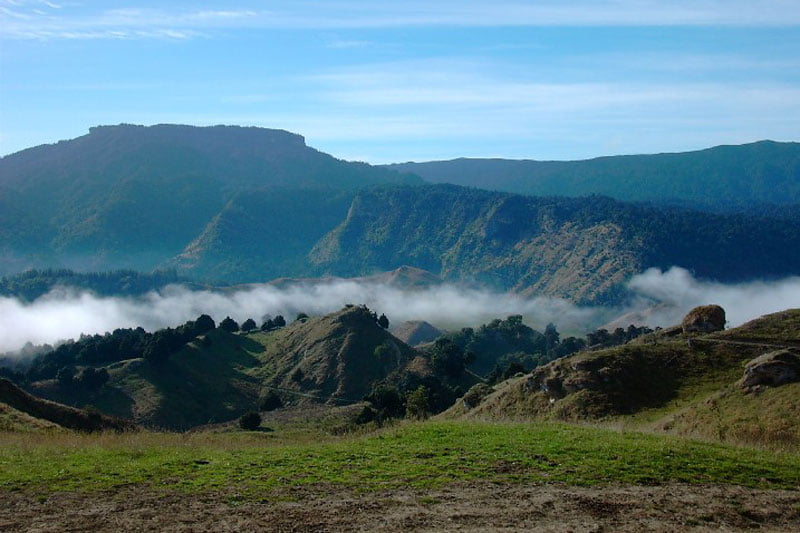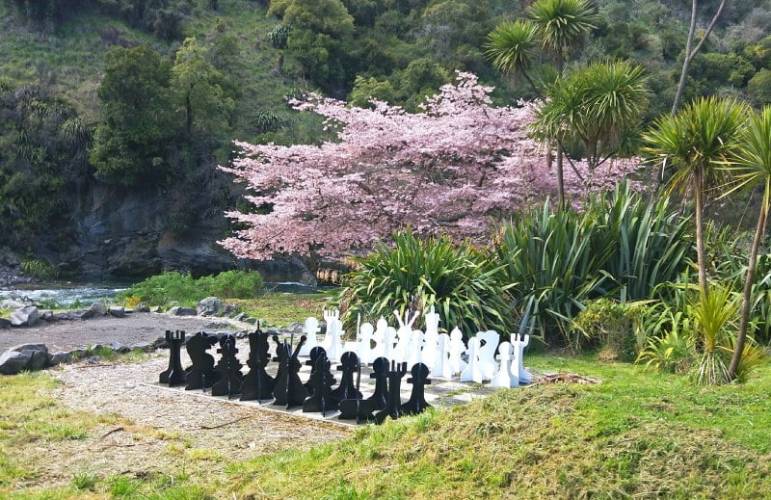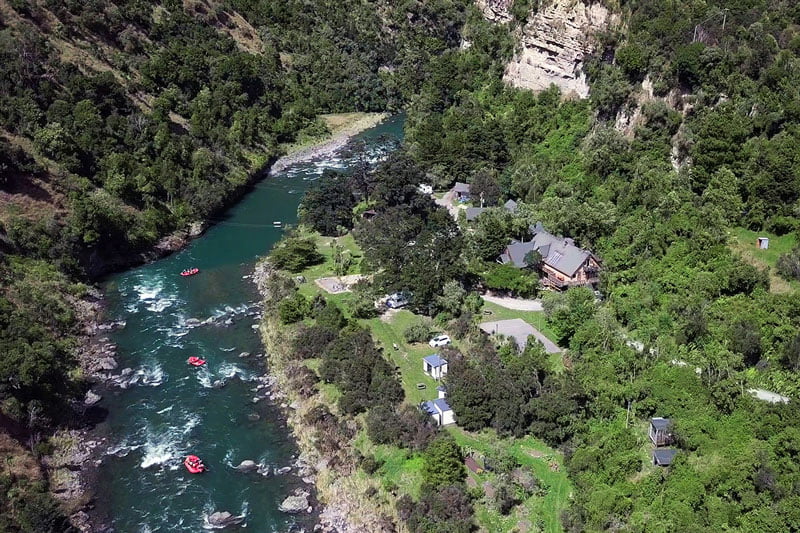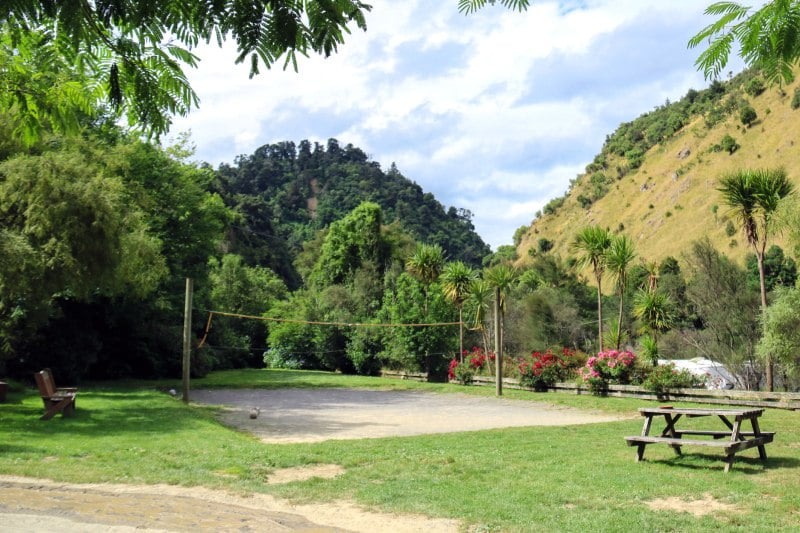Is This Lunacy? Reductionism and a Mechanical Viewpoint in Action
New Zealand’s ETS, or Emissions Trading Scheme, is a complicated beast. However, I just read an article about some of the potential effects of it. The article was by Neal Wallace in Farmers Weekly, a free newspaper-style weekly publication. This article dealt in part with the Billion Trees program. After reading it, I thought the world has gone mad.
The article, “Gas Tax is Closer,” was primarily about agriculture entering the ETS and some of the likely effects of this. However, this is not what made me think the world has gone mad.
The New Zealand government has decided that planting trees, one billion of them in fact, is going to be the way that we meet our obligations in combatting climate change. The fact that we are not very successful in limiting emissions in the first place is another story entirely.
Trees Can Be Great
Nice. I like trees and think that we can certainly do with more of them in our landscape. In fact, most farms in our hill country area could probably convert 10% of their area to a variety of tree species and not even notice the loss of grazing.
But largely this is not what is envisaged. Rather than marginal areas and pockets on farms being planted out, possibly with a variety of species, (under the scheme they can be), what is the main focus is the wholesale planting of entire farms into Radiata Pine tree plantations. Vast monocultural pine plantations.
The effect of this will be the cloaking of even more of our landscape in a dull, biodiversity poor, uniform blanket of pines. One does not have to look hard to find examples of what eventually happens with all monocultures. Nature abhors monocultures. At some stage, a pest or disease will take hold and have a catastrophic effect. It is inevitable.
But There is More
There is more. The above is only part of the lunacy. The other part of the lunacy is what some of the money raised from agriculture in the ETS will be used for.
Some funds and I copy this from the article mentioned, will be used to “help rural communities cope with the likely loss of jobs and services such as schools as farming families leave areas when farmland is planted in trees to offset emissions.”
In other words, the policy is to denude our rural areas of people, kill communities, and erode services.
A Reductionist Mechanistic Viewpoint in Action
New Zealand has a tremendous opportunity to be a leader in how we tackle the effects of climate change. We are a small country, with a resilient and practical population who have a long history of innovation and thinking outside the box. And yet, blanketing our landscape in a vast monoculture is the only answer we can come up with?
Blanketing of our landscape with pines is a reductionist, mechanistic viewpoint. It is a policy that does not look at the whole. This policy only focuses on one part of the entire ecological tragedy that is unfolding before us.
The government’s three-yearly report into the state of our environment was released on the 18th of April 2019. Environment Aotearoa 2019 makes for dismal reading. You name any area of the environment, un-swimmable polluted rivers, species loss (plants, invertebrates, and vertebrates) loss of productive land to urban spread, loss of native forest cover, more loss of wetlands, increasing emissions and seabed destruction, to name only some. The message is overwhelmingly negative. Do we seriously think we can solve the excess carbon crisis without also including the whole environment in our plans?
A Different Way
There is a different way. That way is to broaden our thinking, to look at the whole. To realise a great deal of our climate crisis is because we have so seriously degraded the environmental services that nature provides for free.
An example is wetlands. Wetlands are carbon sinks, biodiversity hotspots and cleanse water. Where do they figure in current plans? They don’t.
Where does the planting of other specialty tree species (both native and exotic) figure? They are acknowledged, but not fully encouraged. Another opportunity lost to increase biodiversity, and even to develop a small high-end specialty timber industry. One based in rural areas. One that grows communities rather than destroying them.
What an opportunity we have to consider how we can work with nature. How by helping solve one problem we can also benefit and help solve many others. And lest we forget, people are part of this. Healthy diverse ecosystems are environments that are good for, and I would go so far as to say, require, people.
The present reductionist, mechanistic policies of a billion, mostly pine trees, is a quick temporary fix at best. It will fail and is an incredible opportunity lost. An opportunity to achieve so much more.
Brian Megaw



